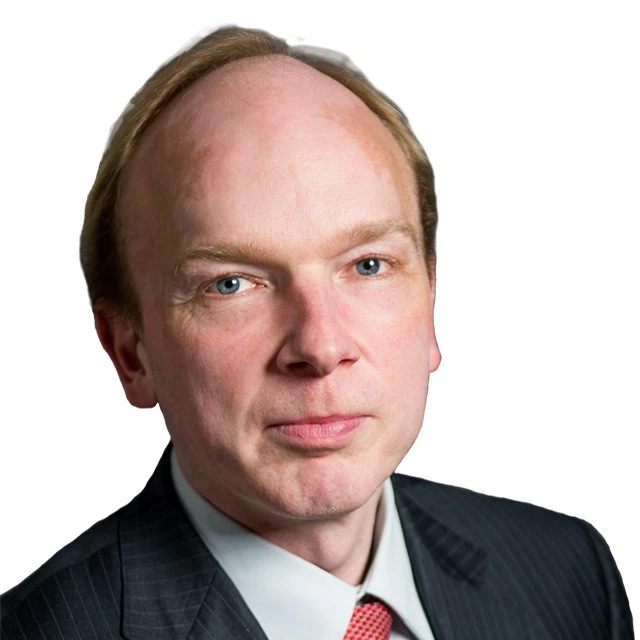EGBA warns of black market spike due to igaming restrictions

Restrictions placed on the gambling sector during the novel coronavirus (Covid-19) outbreak could do “more harm than good”, according to the secretary general of the European Gaming and Betting Association (EBGBA).
Maarten Haijer said measures taken in several countries, such as deposit limits imposed in Belgium, were not evidence-based and may have ultimately led to a spike in play at black market rather than regulated sites.
Haijer was speaking after data released from across Europe suggests the expected explosion of online gambling did not occur during lockdown in markets regardless of whether they introduced new restrictions.
“We believe that most of these restrictions, aimed at protecting citizens, are well intentioned and we understand that politicians seek to reassure and protect their citizens in times of difficulty,” said Haijer, EGBA’s secretary general.
“However, the majority of restrictions introduced are not evidence-based and could do more harm than good by making black-market websites even more attractive to play on, compared to licensed and regulated ones.
“These black- market websites are hosted and run from outside the EU and apply hardly any social responsibilities to their customers (and worryingly, some even advertise themselves as a way to bypass self-exclusion registers).”
EGBA predicted a decline in gambling at the outset of the pandemic due to the suspension of major sports competitions, explaining that betting accounts for 44% of its members’ total online revenues.
It cited data from the Belgian market, where local media is reporting traffic to regulated sites was down 38%. This followed the introduction of a mandatory weekly deposit limit of €500 (£442/$543) for players on all licensed websites in the country in April, something that had been planned prior to Covid-19 hitting.
Denmark, which has not imposed restrictions, saw a 60% drop in online gambling despite the closure of land-based casinos. Sweden, which has still to impose planned restrictions, has seen a 6% drop respectively in online gambling.
The British Gambling Commission found that 67% of citizens have not gambled during the coronavirus and, of those that had, three quarters had not spent more time or money on online gambling.
Haijer called on operators to use their expertise to encourage safe gambling, inferring that is a better strategy than government intervention.
“This significant drop in online gambling, including in those countries which did not introduce any restrictions at all, is contrary to what many predicted and questions the effectiveness of the restrictions imposed on online gambling in some countries,” he said.
“One-size-fits-all restrictions, like advertising restrictions or blanket deposit limits, are not sufficiently targeted to address those customers who actually need help, but rather will jeopardise their consumer protection by making unlicensed websites more attractive to them, compared to licensed ones.
“We urge online gambling companies to apply common sense. Most companies already have safer gambling tools at their disposal, and they should have these tools visible, accessible and easy-to-use for their customers, and step up their monitoring of customers and, when necessary, their targeted interventions to those at risk of problem gambling.”
